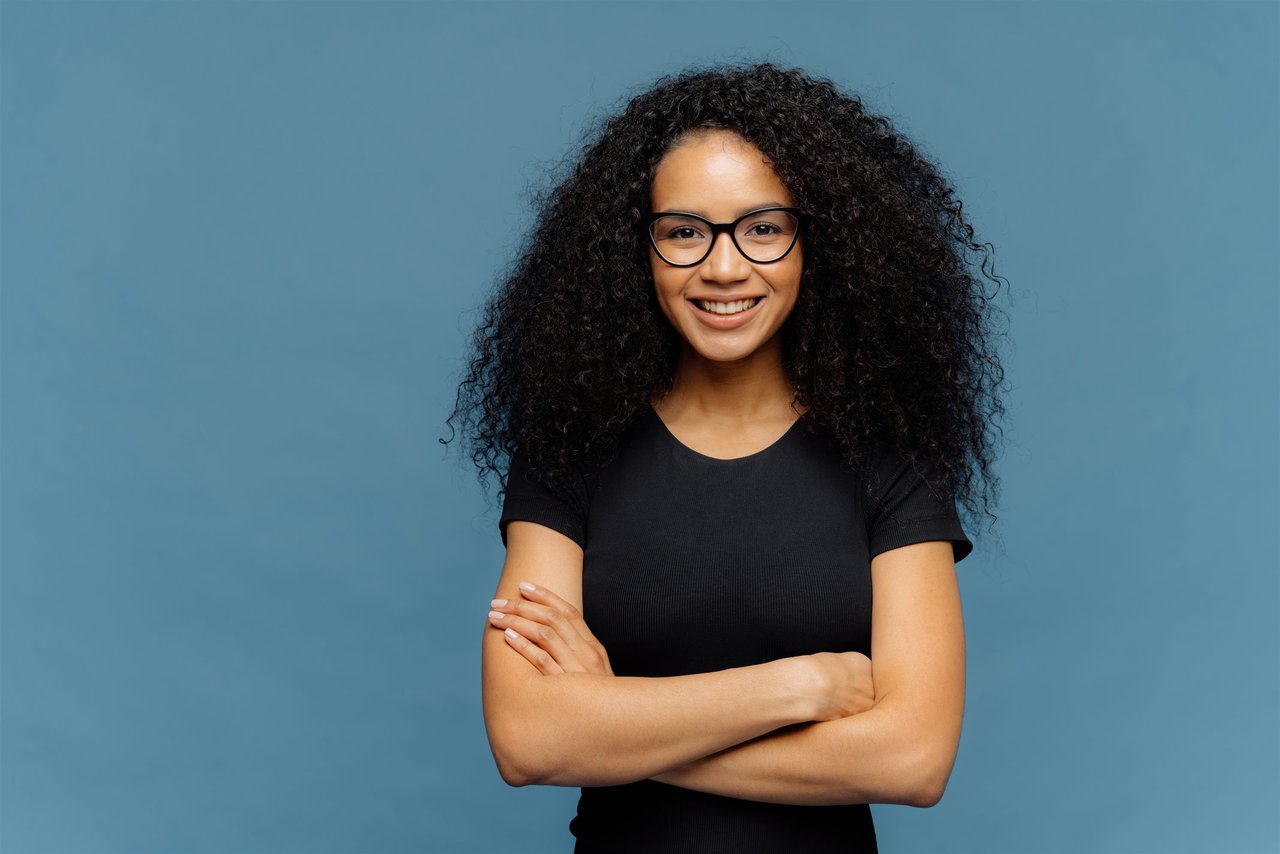
Interracial Couples and the Power of Mutual Respect and Resilience
Living as interracial couples today requires more than just love—it demands resilience and a deep sense of mutual respect. Why? Because these relationships often stand at the crossroads of cultural differences in relationships and societal judgments. Take the example of high-profile interracial couples; their experiences shed light on shifting public perceptions and evolving acceptance. They show us how trust isn’t just personal—it’s part of a broader movement challenging cultural stereotypes. These couples teach us that overcoming prejudice isn’t an individual battle but a shared journey. For interracial couples, recognizing the societal layers around their love helps build stronger bonds that last. Trust and open communication become tools for growth, not just within the relationship but extending to how society views interracial marriage. The lessons from their stories invite us to see personal connection as a path to social change, paving the way for greater inclusion and empathy. These elements—respect, resilience, and the willingness to learn—set the stage for navigating relationship dynamics that come with interracial love. In the evolving cultural landscape, interracial couples become quiet pioneers, modeling a future where differences enrich rather than divide. Ultimately, embracing these challenges together fosters a foundation sturdy enough for lasting partnership.
Celebrity Influence: Role Models Changing Perceptions
Celebrities in interracial relationships have often faced the spotlight, their bonds tested in public. Yet their visibility has helped challenge stereotypes, changing what society normalizes about love across cultures.
Overcoming Societal Views with Personal Storytelling
Behind every public perception lies countless personal stories of trials and triumph. Honest communication about cultural differences and trust helps couples weaken prejudice’s grip.
Summary: Growth Through Trust and Resilience
Mutual respect and resilience are more than ideals—they're necessary tools for interracial couples. These qualities transform societal challenges into opportunities for deep connection and personal growth. The shift in acceptance today reflects not just changing laws but the harder work of honest dialogues within partnerships and communities.

Benefits of Interracial Relationships in Expanding Empathy and Worldview
Interracial relationships offer unique benefits, stretching beyond romance into profound personal growth. One clear advantage lies in real life learning—immersing oneself in a partner’s culture expands understanding in ways no book or documentary can match. New customs and holiday traditions become shared rituals that enrich the relationship. This exposure fosters empathy, a deep seeing of the world through multiple lenses. Tips for interracial couples often stress this very point: embracing openness to learn and listen. Honest communication, combined with mutual respect, opens the door to inclusion and breaks down cultural barriers. Consider how trust grows when both partners truly value each other’s backgrounds. Here’s a quick breakdown of personal growth benefits from interracial love:
- Cultural awareness: Living daily with different traditions creates genuine understanding.
- Enhanced empathy: Encountering differing perspectives broadens emotional intelligence.
- Adaptability: Navigating cultural nuances builds flexibility in communication and expectations.
- Stronger conflict resolution: Facing unique challenges forces refined compromise skills.
- Expanded worldview: The relationship offers a window to broader societal issues and solutions.

Challenges of Interracial Relationships: Navigating Family, Society, and Communication
Every relationship has hurdles, but interracial relationships face distinctive ones rooted in complex family dynamics, societal perceptions, and cultural clashes. Understanding these challenges helps couples be proactive instead of reactive. Six common hurdles stand out:
- Family acceptance: Gaining approval or managing disapproval from extended families can strain the couple.
- Societal stereotypes: External biases and prejudices put additional pressure on the relationship.
- Pressure to conform: Balancing cultural traditions may create tension about identity and loyalty.
- Communication barriers: Differences in love languages and emotional expression may lead to misunderstanding.
- Overcoming prejudice: Both internalized and external biases require conscious efforts to address.
- Societal perception vs. personal experience: Managing how society views the couple versus their lived reality.

Communication in Interracial Relationships: Building Trust with Honest Dialogue and Boundaries
Clear communication is the backbone of every serious interracial dating journey. It involves more than daily chit-chat; it’s about creating a safe space where trust grows despite cultural differences. Setting explicit relationship boundaries allows both partners to express needs without fear of judgment. Direct talk about each other’s cultures, expectations, and family dynamics is essential to avoid assumptions that breed conflict. On platforms like blackwomendatingwhitemen.biz, members find supportive environments that encourage these skills—honest communication and respect for boundaries take center stage. The support network built there helps navigate difficult conversations and align expectations for serious interracial dating. Respecting each other’s families and their views also requires sensitivity and strategic dialogue. Regular check-ins ensure concerns are addressed early, preventing resentment from building. These practices not only ease tension but deepen connection. In interracial relationships, trust carved from clear, ongoing dialogue is unshakable—it's the glue between diverse backgrounds and shared futures.

Support Network for Interracial Couples: Why Community, Mentors, and Family Matter
No relationship thrives in isolation, especially not interracial couples confronting external challenges. Building a reliable support network of friends, mentors, and other mixed couples is vital. This circle offers practical advice and emotional backing through times when prejudice or family disputes arise. Websites like blackwomendatingwhitemen.biz significantly contribute by connecting users with like-minded individuals who understand the nuances of cross-cultural love. Allies and mentors provide guidance learned through real life experience, offering empathy and strategic counsel. Meanwhile, family support—though sometimes complicated—can be nurtured through honest communication and inclusion efforts. When families offer acceptance, it strengthens the couple’s foundation immensely. Regular check-ins with this community reinforce resilience, creating a buffer against societal pressures. Ultimately, no couple succeeds alone; shared experience and support become the unseen roots sustaining healthy interracial relationships in today’s world.
Allies and Mentors: Trusted Guides in the Journey
Having allies who have navigated similar terrain gives interracial couples an edge. Mentors provide perspective and practical relationship guidance drawn from lived experience.
Family Support: Building Bridges Across Traditions
Family acceptance isn’t always guaranteed; building it requires effort, empathy, and sometimes tough conversations. When it succeeds, the relationship gains lasting strength.

Tips for Interracial Couples: Checklist for Thriving in Cross-Cultural Love
Thriving in serious interracial dating means actively managing differences and reinforcing connection. Here’s a practical checklist designed to keep couples moving forward:
- Discuss family norms openly: Understanding family expectations prevents surprises and builds respect.
- Explore cultural differences together: Learn and celebrate rather than ignore distinct traditions.
- Understand love languages: Identify how each partner gives and receives love to avoid miscommunication.
- Actively support each other against prejudice: Stand united publicly to reinforce mutual respect and trust.
- Practice compromise wisely: Balance cultural needs with individual desires for harmony.
- Seek expert relationship guidance when needed: Professional support offers new perspectives and solutions.